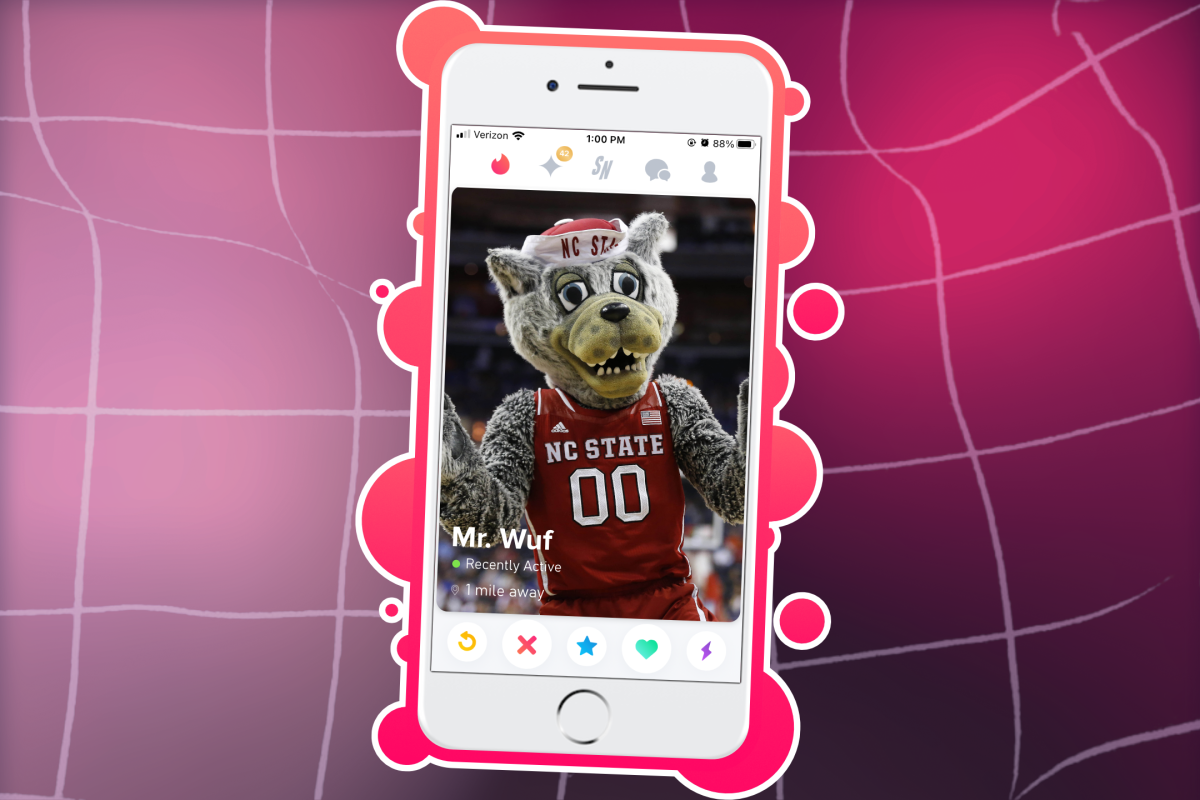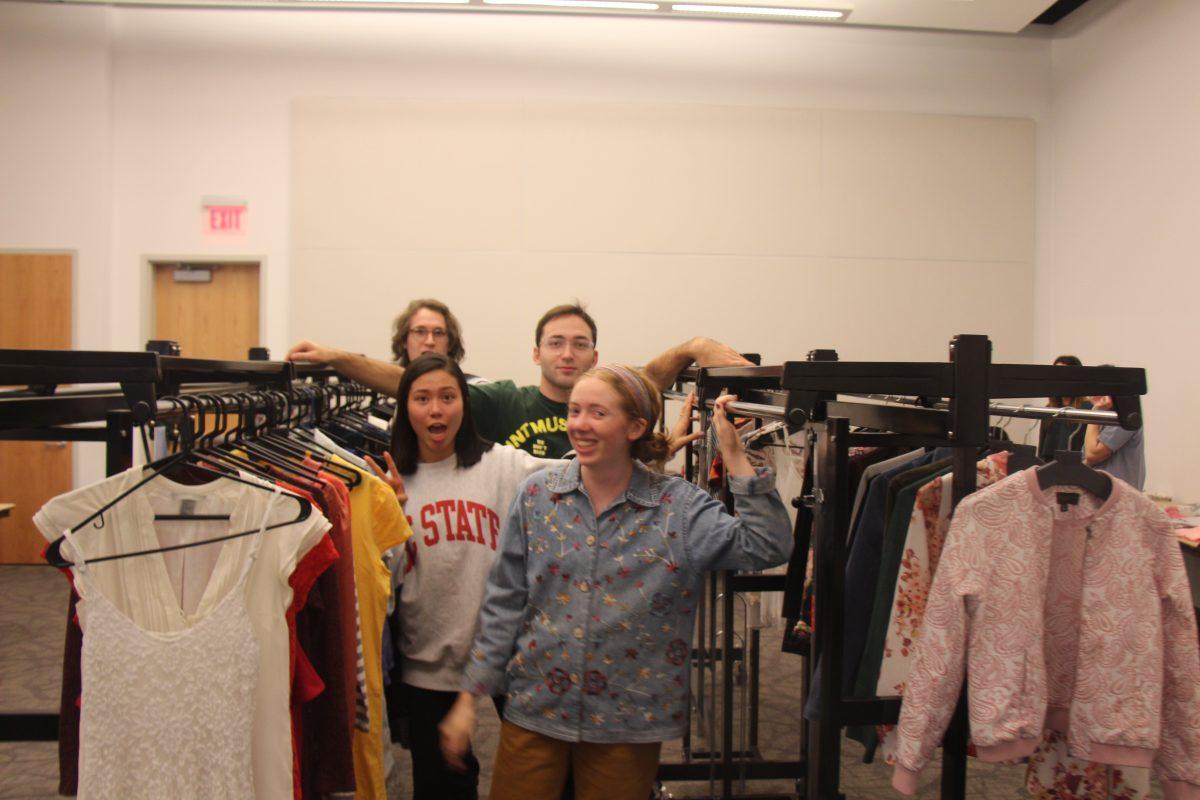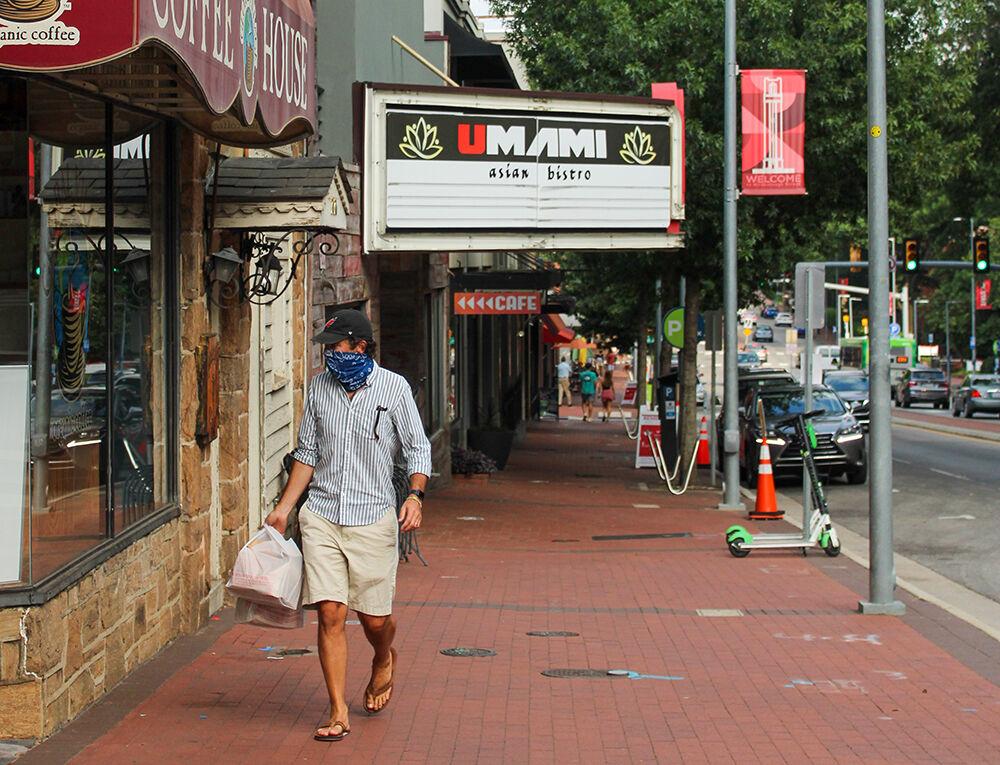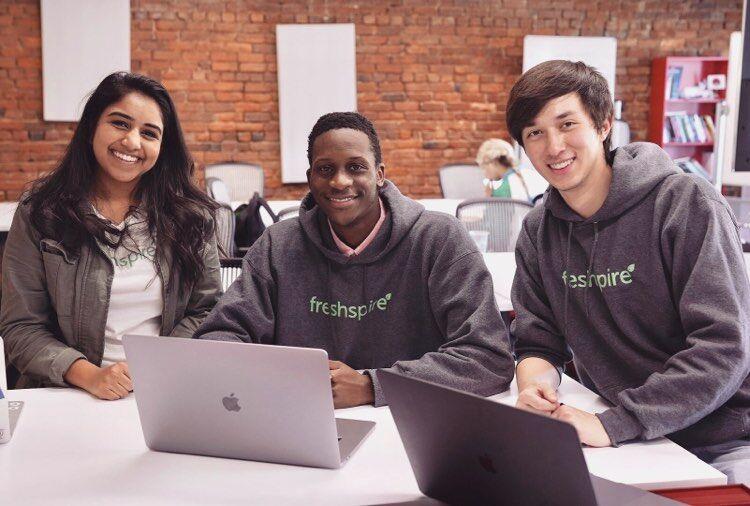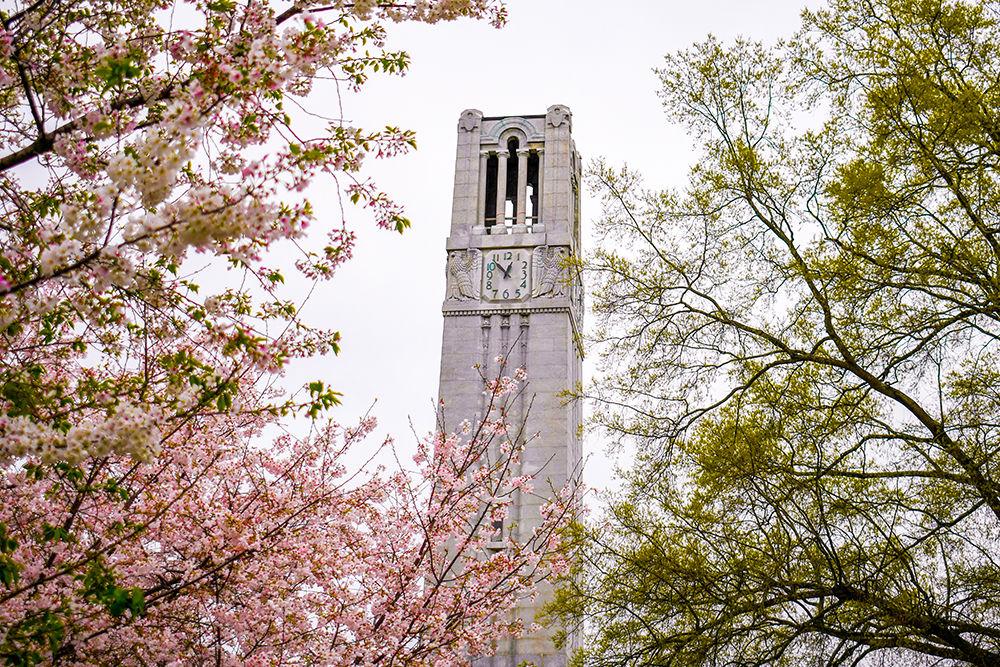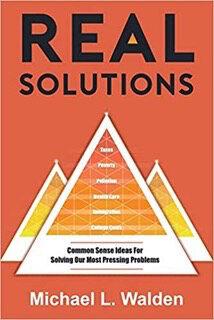As we spent this past Valentine’s Day stuck inside with no loved ones nearby, many people likely turned to find romance and connection online. As studies like Pew Research Center show that more and more people, especially college students are using online dating platforms, many people have tried to engineer the best way to make an attractive profile.
Kami Kosenko, an associate professor in NC State’s communication department who specializes in sex communication, said the first impression you give on your profile can set the tone for the whole interaction. She said to keep your picture choices in mind when building your profile.
“Interestingly, group photos are strongly recommended, particularly ones in which the person whose profile it is is in the center of the group,” Kosenko said. “Profile pics where there is someone else in the picture looking at the person whose profile it is and smiling, or pics where the person whose profile it is is touching someone else as opposed to being touched. All of those things signal that other people are interested in the person whose profile it is… All of those subtle aspects of photos have an impact on those who see the photos.”
The pictures are important, but what you’re actually saying on your profile is important too, Kosenko said.
“If you’re trying to make your profile as inviting as possible, things like considering the amount of time you’re spending talking about yourself versus talking about what you want in another party are important,” Kosenko said. “There is an ideal split of 70/30, where 70% of your profile should be focused on you, and the other 30% should be focused on what you’re looking for in a partner.”
After setting up a profile and hopefully finding some matches, it’s time to set some boundaries. Alexius Pearson, the interpersonal violence response coordinator of the Women’s Center, encouraged students to continue using online dating, but said discussions of consent are important very early on.
“When it comes to online dating, the biggest thing that we typically talk about within the Women’s Center is, first and foremost, talking about consent,” Pearson said. “That can look like messages agreeing on what type of messages it will be, especially with picture messages or sexting. Make sure that everything is wanted contact, and that both parties agree prior to the action, or even agreeing in consenting to meet up.”
In navigating the safety and boundaries of online spaces, it’s important to note the frequent appearance of a racial hierarchy and heteronormativity in online dating spaces as well. Celeste Curington, an assistant professor of sociology and author of the forthcoming book “The Dating Divide: Race and Desire in the Era of Online Romance,” researches racial and gender dynamics in online dating spaces. Curington said the experience of a person on a dating app can be drastically different than another solely because of their race and gender.
“For example, some people are being rejected more often than others,” Curington said. “Some people are being messaged more often than others. In terms of how people are being treated by those who do message and respond to them, we also see how treatment itself and the experience in terms of messages, how people are talking to one another, etc., is also very much racialized. Just as much as it is about gender.”
Curington discussed how many factors in online dating, like long-standing stereotypes, cultural tropes, as well as internet anonymity, often lead to traumatic and jarring interactions for women, specifically Black women, in online spaces.
In discussing the feelings that may arise from the more tumultuous parts of online dating, like feeling completely ignored in romantic spaces, Pearson said these experiences can lead to a person questioning their self-worth.
“If they feel like, ‘OK, I’m not getting attention in person, and I’m not getting attention online’, it can route to question oneself, which is what we are programmed constantly to do,” Pearson said. “These lessons are constantly reaffirmed in so many spaces when a person may get to a dating app, and it is reaffirmed again. It definitely can be traumatizing and damaging to one’s identity. But of course, with a growth of self, radical love, and development and self-care healing, that narrative can change, but it goes beyond just the dating app.”
The NC State Counseling Center and Prevention Services puts on programs throughout the year to support students in growing their self esteem and self love. The NC State Women’s Center also offers services to support people who have had damaging experiences in relationships.
As student’s weather through this cold season while looking for a connection, remember to take care of yourself.
** If you or someone you know is experiencing relationship violence, sexual violence, or stalking, and are in need of advocacy services, the NC State Women’s Center has trained advocates available from 9am-4pm Monday-Friday in Talley 5210. After-hours, please call the 24/7 Sexual Assault Helpline at 919-515-4444 to be connected with an advocate.
Advocacy services through the NC State Women’s Center are available for all students inclusive of all gender identities and sexual orientations. For more information on advocacy services, please visitgo.ncsu.edu/supportsurvivors. You may also visitgo.ncsu.edu/safe for additional information on resources and reporting options.
If you’d like to talk to a confidential resource, you can also connect with the NC State Counseling Center at 919-515-2423 or visit 2815 Cates Avenue.**


